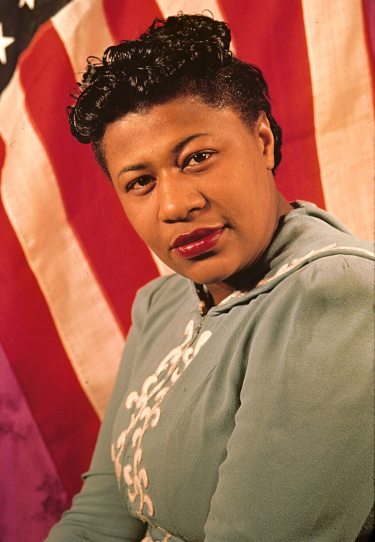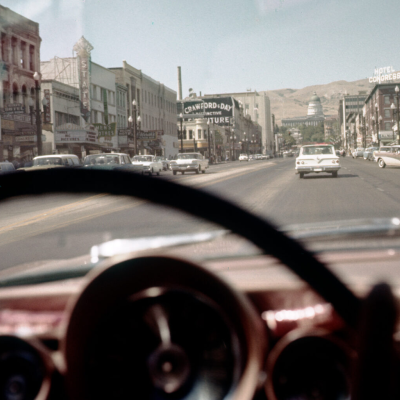Art Tatum on 52nd Street
In this entertaining short excerpt from Arnold Shaw’s 1971 homage to the jazz clubs of New York, 52nd Street: The Street that Never Slept, Ralph Watkins, owner of legendary New York City clubs like Kelly’s Stable, the Royal Roost (the famed chicken restaurant nicknamed the “Metropolitan Bopera House” due to it being near the Metropolitan Opera House) and Bop City, remembers the blind pianist Art Tatum:
“The 52nd St. performer that stands out in my mind is Art Tatum, above everyone else. Not only his musicianship but the fire in him. He had a way when he was annoyed. When people were talking during his playing, he’d stand up, bang the piano shut, stare in their direction, and tell them off: ‘Quiet, you
...November 9th, 2017







































